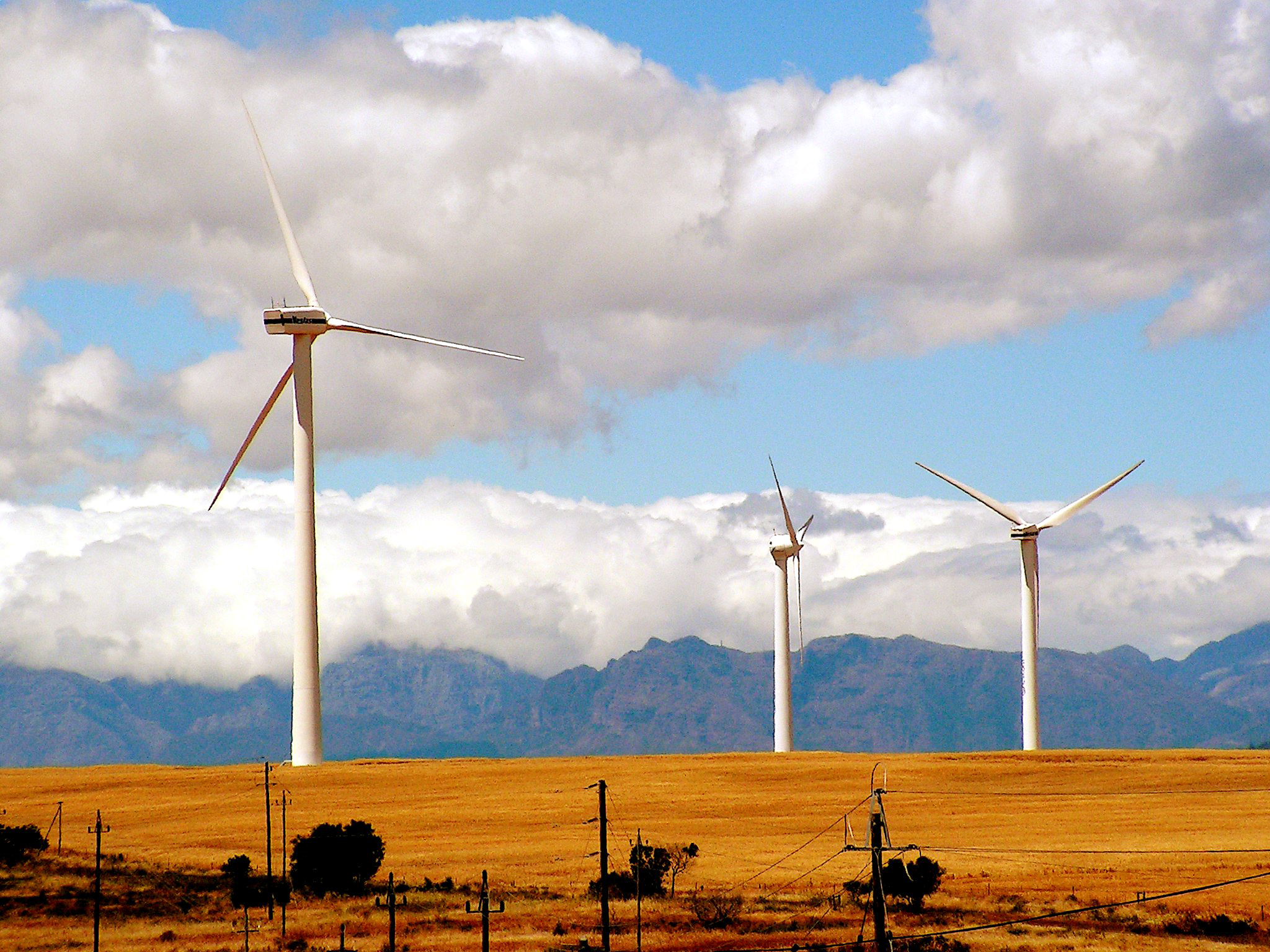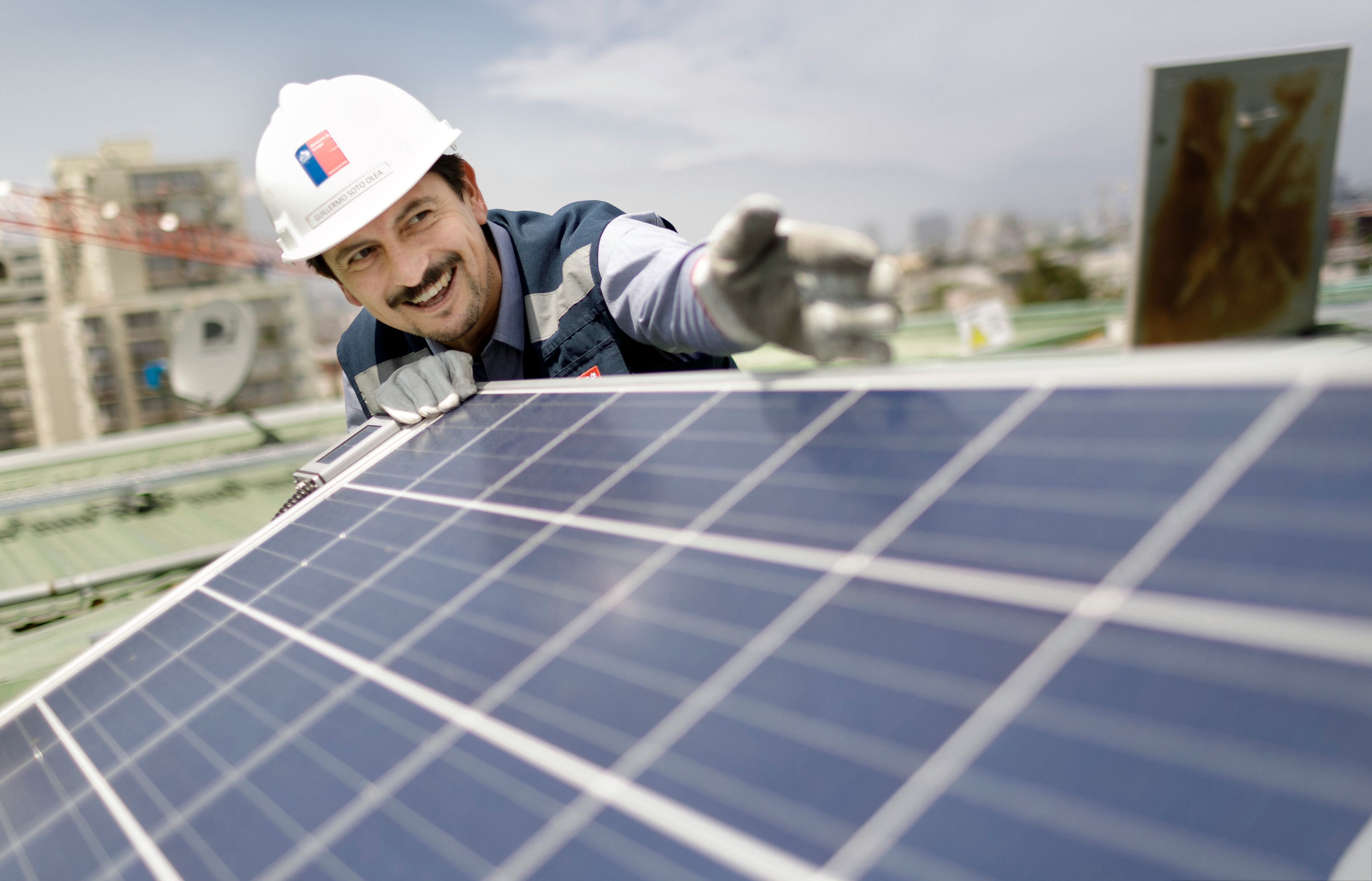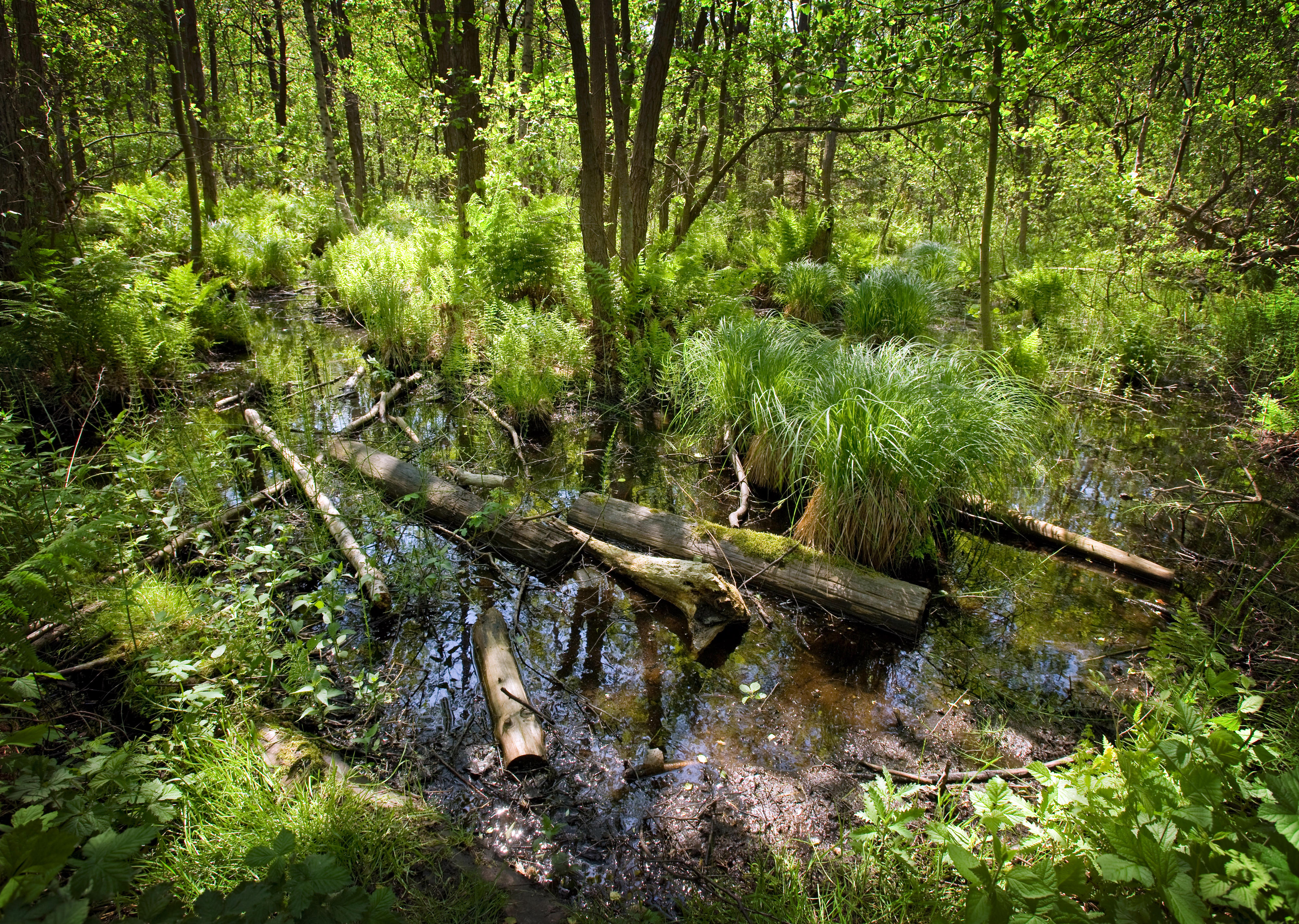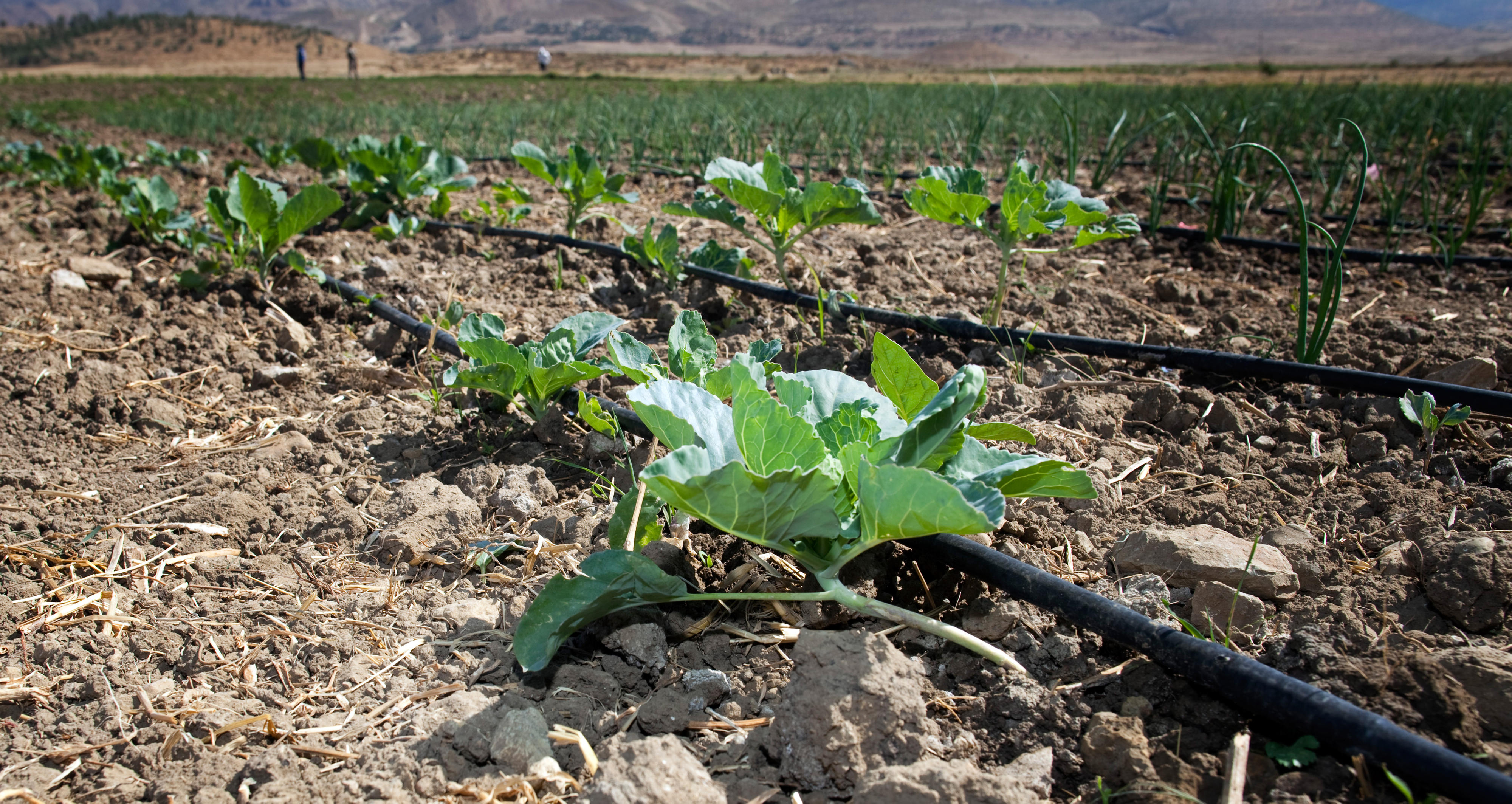Climate change and development policy Protect the climate, halt global warming
In many countries in the Global South, emissions were low in the past. Today, these countries account for about two thirds of global greenhouse gas emissions – and their emissions are rising. This means that climate change can only be mitigated successfully if these countries, too, significantly reduce their greenhouse gas emissions and pursue a climate-friendly trajectory of economic and social development. In other words, climate action and development policy are inextricably linked. Germany recognises that reconciling economic growth with a climate-friendly transformation is very challenging.
What the BMZ is doing
Germany is pursuing development policy activities at bilateral, regional and multilateral level to foster avoidance and reduction of greenhouse gas emissions. The Federal Ministry for Economic Cooperation and Development (BMZ) plays a special role in this effort. It links German interests with the development goals of emerging and developing countries and with global responsibility, because fair climate action is only possible through a joint effort.
In 2024, the BMZ provided almost 3.3 billion euros for climate change mitigation.
To this end, the BMZ is engaged in the following sectors among others:
- Climate and Development Partnerships: cooperation with selected partner countries, linking the goals of climate neutrality, climate resilience, economic development and social justice
- NDC Partnership: assisting partner countries in implementing their Nationally Determined Contributions (NDCs) in line with the 2030 Agenda's Sustainable Development Goals
- Climate finance: ensuring that funds are available for mitigation, for example for bilateral cooperation and for support provided via multilateral climate funds and development banks
- Cooperation with civil society and private sector players: mobilising private funding for climate change mitigation; supporting technological and economic development, for example through the Foundation Development and Climate Alliance (External link); supporting climate action by civil society, with a focus on including climate-vulnerable groups
To this end, the BMZ is engaged in the following sectors among others:
- Energy: promoting renewable energies, increasing energy efficiency, ensuring a socially just transition away from fossil energy, securing access to climate-neutral energy, establishing sustainable production facilities for green hydrogen and its derivatives, and ensuring that working conditions and conditions along supply chains are socially just
- Forests: stopping deforestation, for example through the REDD mechanism, promoting reforestation, establishing deforestation-free supply chains
- Biodiversity: conserving and restoring ecosystems such as forests, oceans and peatlands as natural carbon sinks
- Agricultural and food systems: promoting sustainable land use and agroecology, increasing water and energy efficiency, reducing food losses, promoting sustainability standards for climate-friendly supply chains
- Urban development: supporting sustainable, climate-friendly and inclusive urban infrastructure and mobility
- Waste management: eco-friendly waste management, further development of the circular economy, reduction of emissions in the waste sector, energy recovery from waste
What mitigation efforts can achieve
In addition to reducing the impact of climate change and, as a consequence, the number of people affected by climate change-related heat waves, droughts and extreme weather events, climate change mitigation efforts also have co-benefits.
Reduced emissions mean better air quality. At present, air pollution causes some seven million premature deaths per year.
Climate change mitigation also means new economic opportunities – it has the potential to create about 100 million additional jobs by 2030. And ambitious climate change mitigation could deliver up to 43 trillion US dollars in economic benefits worldwide by 2070.
As at: 01/10/2025




